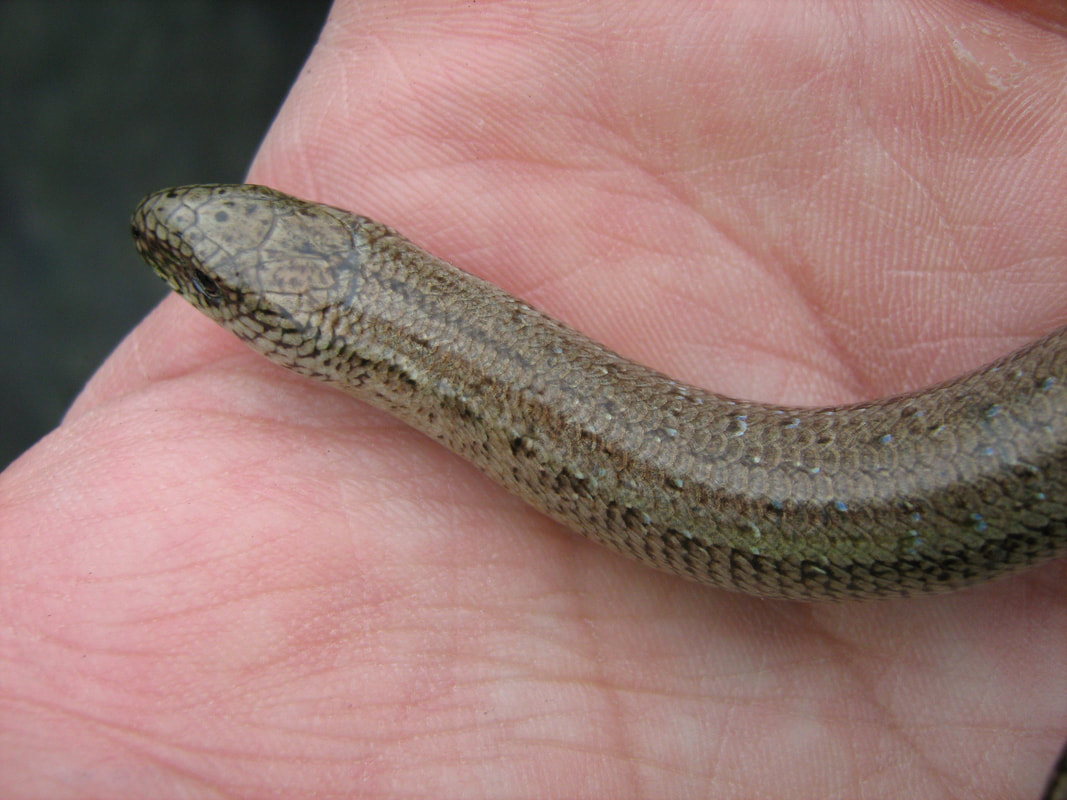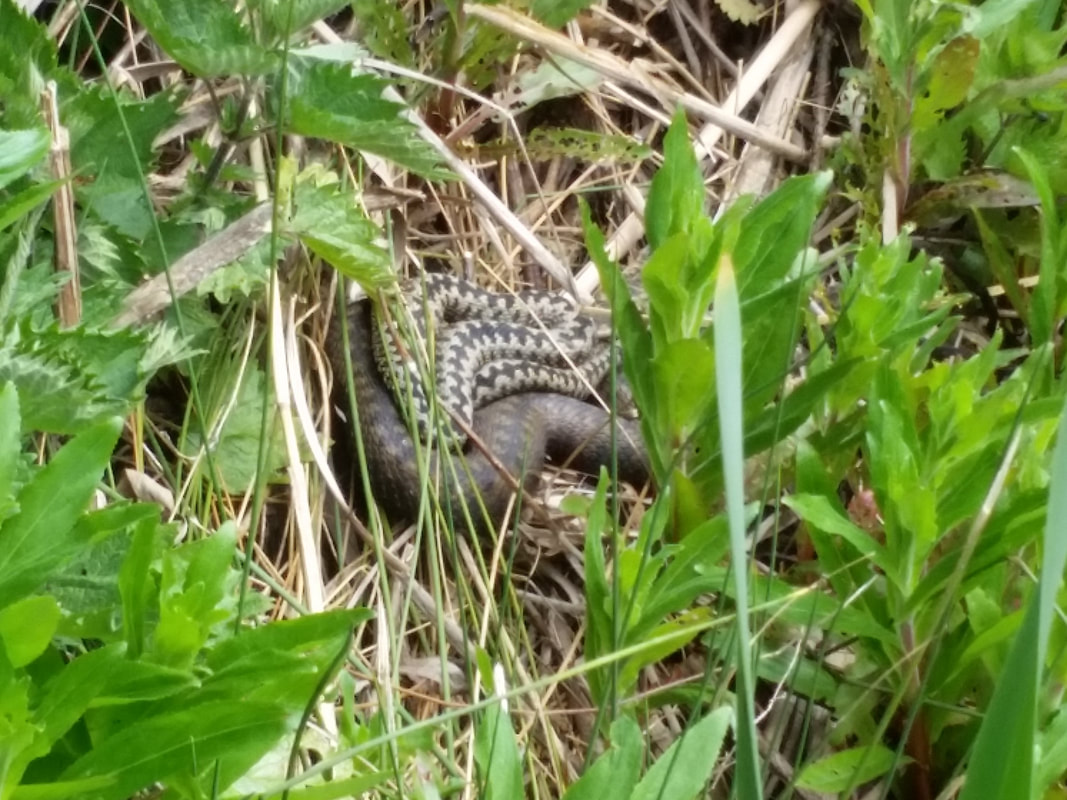Reptile surveys - why, what and how?
In the UK we have six native species of reptiles, with a growing number of introduced species. Of our six species, two are endangered and are extremely rare - these are the smooth snake and the sand lizard. These species have very restricted ranges and habitat preferences and have the highest level of legal protection.
The four remaining species are sometimes referred to as 'common' but in reality, while they are widely distributed, they are often associated with particular habitats and can be vulnerable to populations becoming isolated and lost as a result of their habitats. Our four common species are the adder, grass snake (both snakes) and the slow worm and common lizard (both lizards).
It is an offence to injure or kill any of these 6 species under the Wildlife and Countryside Act. The smooth snake and sand lizard are also European Protected Species are protected under the Conservations of Habitats and Species Regulations (or Habitats Regs) - for these species a licence is required to survey.
If a reptile population is present on a development site, then or could be indirectly affected by a development, then an assessment of the potential effects may be required. A reptile survey is likely to be required in such cases to a) identify whether reptiles are present on a site and b) determine the population status of any species present and identify how these populations are likely to be affected.
Huckle Ecology has extensive experience of undertaking reptile surveys for our four common species - Contact us if you think you may need a GCN survey and we would be happy to discuss your project with you.
Call us on 07496 255050 or email on [email protected]
The four remaining species are sometimes referred to as 'common' but in reality, while they are widely distributed, they are often associated with particular habitats and can be vulnerable to populations becoming isolated and lost as a result of their habitats. Our four common species are the adder, grass snake (both snakes) and the slow worm and common lizard (both lizards).
It is an offence to injure or kill any of these 6 species under the Wildlife and Countryside Act. The smooth snake and sand lizard are also European Protected Species are protected under the Conservations of Habitats and Species Regulations (or Habitats Regs) - for these species a licence is required to survey.
If a reptile population is present on a development site, then or could be indirectly affected by a development, then an assessment of the potential effects may be required. A reptile survey is likely to be required in such cases to a) identify whether reptiles are present on a site and b) determine the population status of any species present and identify how these populations are likely to be affected.
Huckle Ecology has extensive experience of undertaking reptile surveys for our four common species - Contact us if you think you may need a GCN survey and we would be happy to discuss your project with you.
Call us on 07496 255050 or email on [email protected]
Habitat Suitability AssessmentAn important part of any reptile survey is to identify the potential for reptiles to be present in any site. This is usually incorporated into a Preliminary Ecological Appraisal or the 'extended' aspect of an Extended Phase 1 Habitat Survey.
An appraisal of the habitats present within a site can identify the likelihood of reptiles being present and determine whether further detailed surveys are required. In many cases, the risk of reptiles being present may be low, or very localised, and precautionary mitigation measures or certain methods of working may be prescribed to reduce the risk of an offence being committed. But where there are particularly suitable habitats, such as heathland, scrub, and unmanaged grassland, then further surveys may be required. |
Reptile presence/absence surveys & population class assessmentReptile surveys typically involve a combination of two main survey methods:
A Survey Licence granted by Natural England (or NRW in Wales and SNH in Scotland) is required to undertake surveys for smooth snake or sand lizard. |

